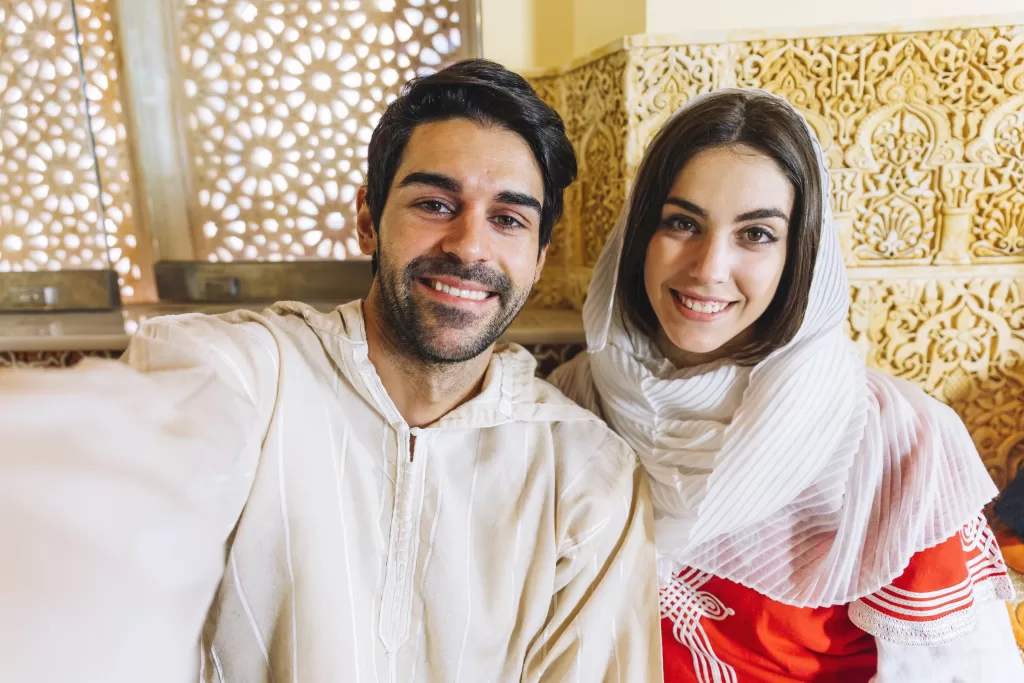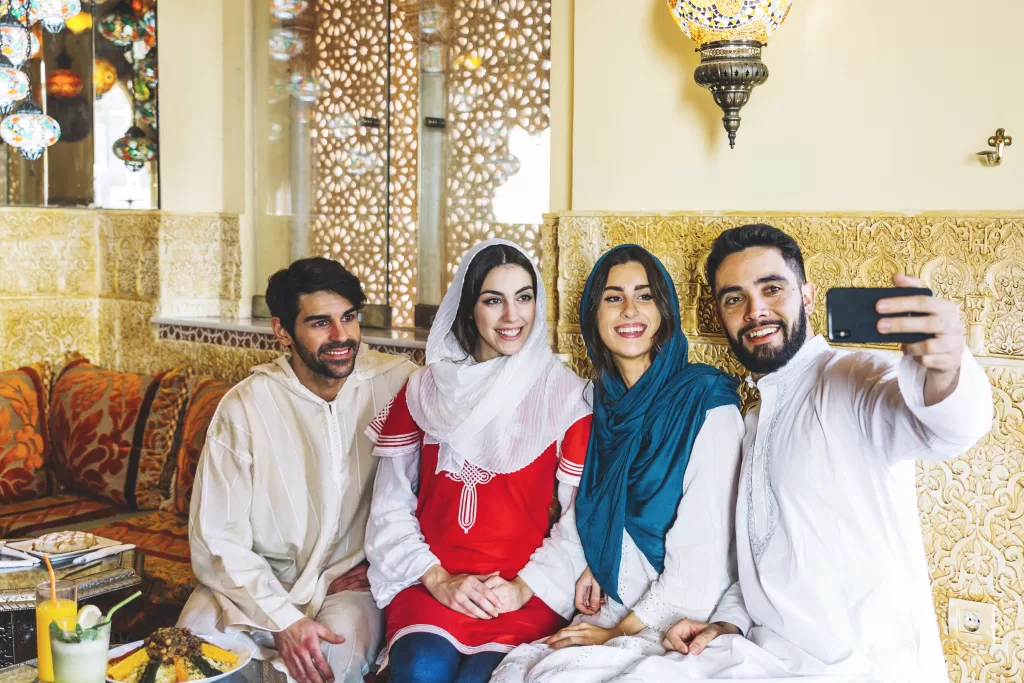In Pakistan, a prevailing cultural norm often places immense importance on the preservation of marriages, sometimes at the cost of a woman’s well-being. The societal expectation that women should endure toxic households under the guise of “saving the marriage” contributes to a cycle of silence and suffering. This article explores the dynamics that compel Pakistani women to stay in unhealthy relationships, focusing on the cultural pressure exerted by parents and the transformation of a woman’s marital home into her permanent residence.

Cultural Expectations and Preserving Marriages:
In Pakistani society, marriages are considered sacred, and there is a societal emphasis on preserving the institution at all costs. This expectation is deeply ingrained in cultural norms, with women often receiving the message that their primary duty is to maintain harmony within the household, even if it means enduring toxic dynamics.
Parents as Reinforcers of Cultural Norms:
Parents, who play a significant role in shaping societal norms, often reinforce the idea that a woman’s primary responsibility is to ensure the stability of her marital home. This expectation is particularly intense for daughters, who are often raised with the notion that their success lies in maintaining a harmonious family life.
Mothers, who may have experienced similar pressures in their own marriages, may inadvertently pass on the message that enduring hardship for the sake of the family is a virtue. Fathers, viewing the marital home as a sacred institution, may discourage their daughters from taking actions that could be perceived as disrupting the established order.
Transforming Marital Home into Permanent Residence:
A significant aspect of this cultural dynamic is the transformation of a woman’s marital home into her permanent residence, even if it becomes a toxic environment. The idea that a woman’s loyalty and commitment should be unwavering perpetuates the notion that she is a guest in her parents’ house if she chooses to leave her marital home.
The cultural narrative often dictates that a woman’s allegiance must shift entirely to her husband’s family, emphasizing her role as a wife and daughter-in-law over that of a daughter. This shift in allegiance can lead women to feel like outsiders in their parents’ homes if they consider leaving a toxic marriage.
The Stigma of Divorce:
Divorce carries a significant stigma in Pakistani society, particularly for women. The fear of societal judgment and ostracization can be paralyzing, making women reluctant to consider separation even in the face of emotional or physical abuse. The pressure to maintain the facade of a happy marriage, especially in conservative communities, further contributes to women enduring toxic households silently.
Empowering Women to Break the Silence:
Breaking the cycle of enduring toxic marriages begins with challenging ingrained cultural norms and fostering open conversations about mental health, well-being, and the right to a safe and fulfilling life. Educating parents and families about the importance of a woman’s autonomy, emotional health, and the possibility of a better life beyond a toxic marriage is essential.
Legal and social support systems need to be strengthened to provide women with options and resources when leaving toxic marriages. Community initiatives that destigmatize divorce and encourage open dialogue about mental health can contribute to a shift in societal attitudes.

The cultural pressure on Pakistani women to endure toxic households under the pretext of saving marriages is a pervasive issue that demands examination and transformation. Addressing this challenge requires a collective effort to reshape cultural norms, empower women to prioritize their well-being, and provide them with the support and resources needed to break free from toxic relationships. By fostering open conversations and challenging the stigma surrounding divorce, Pakistani society can take crucial steps towards creating an environment where women are not only valued as wives and daughters-in-law but are also recognized as individuals deserving of respect, happiness, and autonomy.



















